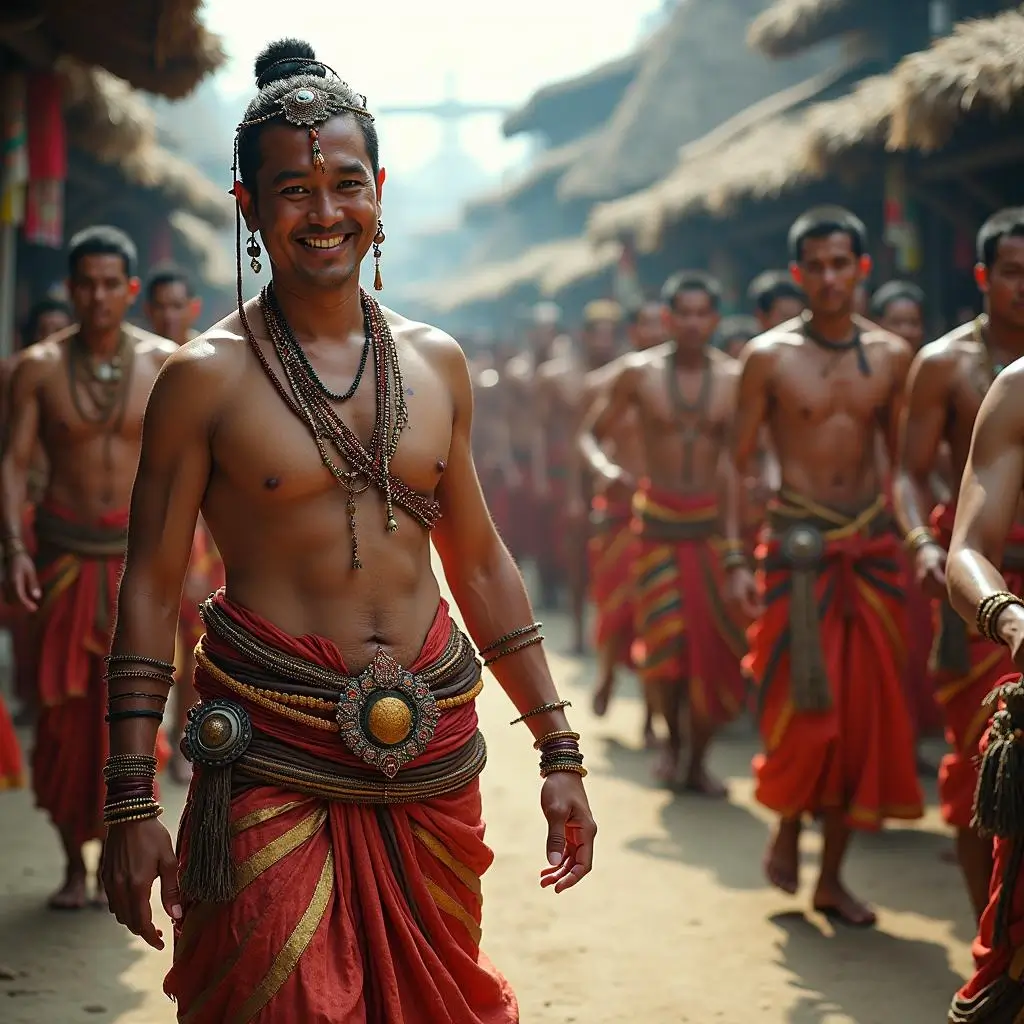Cultural Traditions Around the World

Cultural traditions are the backbone of human identity. They provide a sense of belonging, continuity, and purpose, passed down from generation to generation. Each culture boasts unique customs and rituals that reflect its history and values.
For instance, Japan’s tea ceremony emphasizes mindfulness, harmony, and respect, while Mexico’s Día de los Muertos celebrates the connection between the living and the dead. In India, festivals like Diwali symbolize the triumph of light over darkness and good over evil.
Cultural traditions also adapt to the times. While some rituals remain unchanged for centuries, others evolve to fit contemporary lifestyles. For example, traditional weddings in many cultures now incorporate modern elements while preserving key ceremonial aspects.
In an increasingly globalized world, cultural traditions face both challenges and opportunities. On the one hand, they risk dilution due to external influences. On the other, globalization allows for the sharing and appreciation of diverse customs, fostering mutual respect and understanding among different communities.
In an increasingly globalized world, cultural traditions face both challenges and opportunities. On the one hand, they risk dilution due to external influences. On the other, globalization allows for the sharing and appreciation of diverse customs, fostering mutual respect and understanding among different communities.
